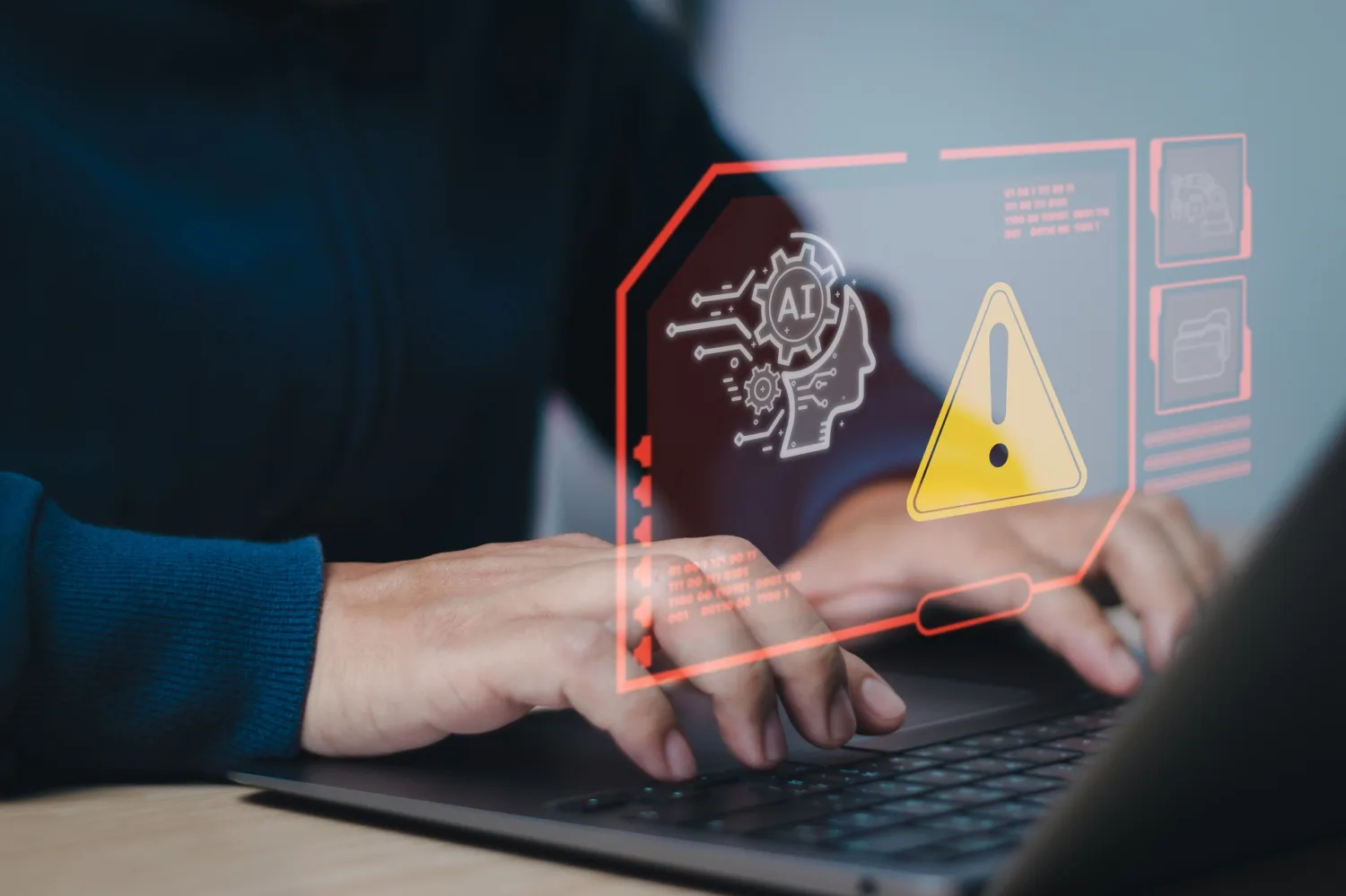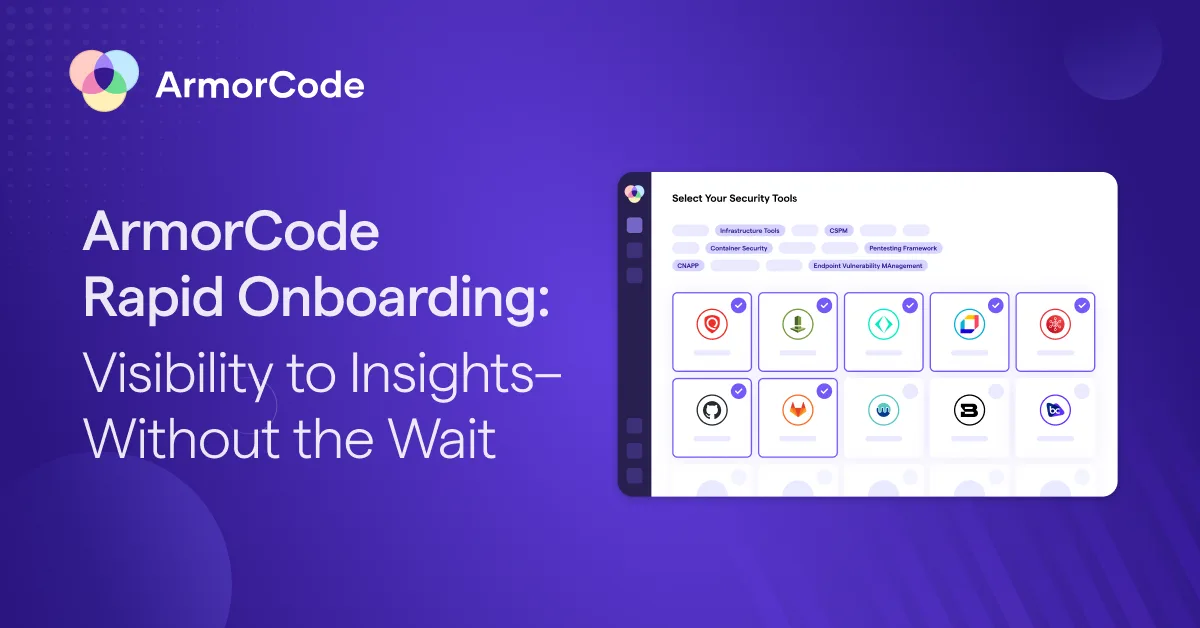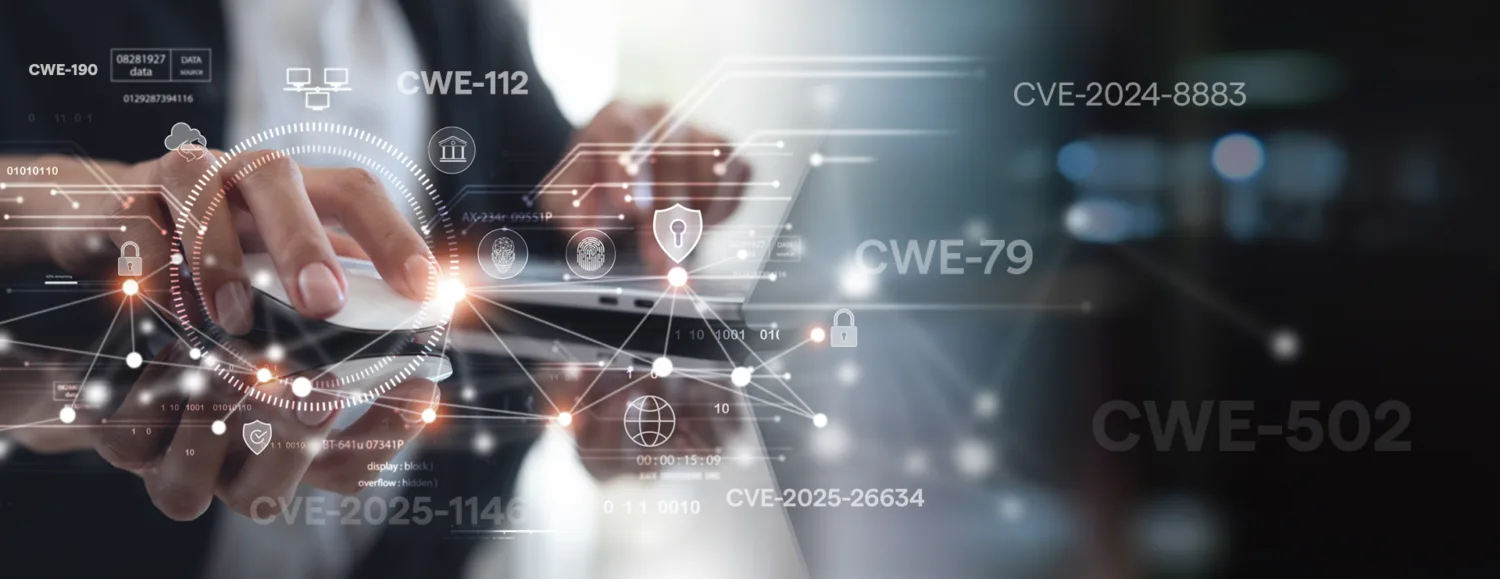Leveling Up AppSec with AI: Trends, Challenges, and the Future

Artificial Intelligence (AI) has cemented its place as a transformative technology across numerous industries. The emergence of Generative AI (GenAI) in 2023 served as a tipping point, pushing the boundaries of what AI can achieve. From creating entirely new forms of content to tackling complex problems with unprecedented innovation, GenAI has sent shockwaves through the tech landscape.
However, AI is a double-edged sword. Its potential for both immense progress and unforeseen dangers necessitates careful consideration. This double-edged nature of AI has profound implications for the realm of application security (AppSec). While AI offers innovative approaches to combat the ever-increasing sophistication of cyberattacks, it also enables attackers to craft more sophisticated cyberattacks.
This necessitates a proactive approach to AppSec, one that leverages the strengths of AI while mitigating the associated risks.
AI-Powered AppSec Trends
Artificial intelligence is rapidly transforming the AppSec landscape, both in terms of new capabilities for security teams and new threats and attack surfaces to respond to. Here are a few key trends that are buzzing where AI has the potential to make an impact for AppSec and development teams.
AI-powered Threat Detection and Risk Prioritization
AI-powered systems are all set to analyze large volumes of data to identify patterns and anomalies. This will help security teams improve their effectiveness. For example, with the right dataset, AI can correlate findings across different security scanners, thus providing security teams with a more efficient method of prioritizing and navigating through information overload.
Machine learning algorithms will continuously learn and adapt, improving their ability to detect novel and evolving threats. With these advancements, AI will be able to prioritize threats based on severity and potential impact, helping security teams focus on addressing the most critical issues first. Thus, shortening the response window for threats.
Automating Risk Remediation with DevSecOps Integrations
This year could be a turning point for AI-powered, automated risk remediation processes. AI is capable of not only identifying vulnerabilities, but also autonomously deploying security patches or providing expertly tailored guidance for different available remediation paths for developers, seamlessly integrating with DevSecOps workflows. By bringing AI into remediation workflows, developers can remediate faster and more effectively, reducing MTTR and improving collaboration between security and development teams.
Security Orchestration and Automation with Enhanced AI Integration
Security Orchestration and Automation platforms are on the cusp of a significant leap forward with enhanced AI integration. This tighter bond will allow for streamlined incident response. Repetitive tasks will be handled automatically, freeing up security teams for strategic decision-making.
AI will further empower orchestration and automation by providing real-time threat insights, automating response workflows, and improving threat-hunting capabilities. Additionally, AI can help create better tickets for developers by efficiently identifying and consolidating duplicate issues flagged by various scanners. This translates to faster resolution times and a more efficient overall security posture.
Code Reviews
AI is poised to revolutionize code reviews, transforming them into a collaborative effort between developers and a tireless security assistant. In the future, AI will analyze code at lightning speed, leveraging vast security knowledge bases to flag potential vulnerabilities like SQL injection or insecure data handling practices. This will free developers to focus on complex logic flaws and significantly improve the efficiency of code reviews.
Furthermore, AI models will continuously learn and adapt, ensuring code reviews remain effective against evolving threats. AI won’t simply flag issues; it will provide contextual insights and recommendations for remediation, suggesting secure coding practices or libraries.
Challenges of AI in AppSec
While AI holds immense promise for AppSec, it’s important to acknowledge that it also creates new risks and attack surfaces. Here’s a look at some potential challenges:
Malicious Use of AI by Attackers
Just like security professionals, attackers can leverage AI to automate tasks, launch more sophisticated attacks, and bypass traditional security measures. AI-powered phishing campaigns and social engineering tactics are becoming increasingly realistic. This necessitates staying ahead of attackers by continuously improving AI models and incorporating methods to detect adversarial AI techniques.
Explainability and Transparency
AI algorithms can sometimes be like black boxes, making it difficult to understand how they arrive at decisions. This lack of transparency can be a concern, especially in security contexts. To ensure trust and adoption, AI-powered AppSec solutions need to be more transparent in their reasoning. Furthermore, security teams need to be able to explain the rationale behind AI-generated security recommendations.
Data Quality and Bias
The effectiveness of AI hinges on the quality of data it’s trained on. Biased training data can lead to biased AI models that miss certain vulnerabilities or create false positives. Security teams will need to ensure their AI tools are trained on high-quality, unbiased data sets and constantly monitor for signs of bias in the model’s outputs.
Security of AI Tools Themselves
AI tools themselves can become targets for attackers. It’s crucial to secure these tools and constantly monitor them for vulnerabilities. Implementing strong access controls and keeping AI systems up-to-date with security patches are essential measures.
The future of AppSec is undeniably intertwined with AI. As AI technology continues to mature, we can expect even more powerful and sophisticated solutions to emerge. These solutions will empower organizations to proactively manage application security risks, creating a more secure digital landscape.
AI in AppSec with ArmorCode
ArmorCode is breaking new ground with AI in AppSec with its AI-powered ASPM. Powered by ArmorCode’s unmatched volume, variety, and validation of data sources, the ArmorCode ASPM Platform leverages AI in multiple ways to help security teams reduce risk, including AI Correlation. AI Correlation leverages data fusion to deliver a level of correlation across scanning tools that’s never been seen before.. As a result, organizations can focus on what matters, remediate faster, and reduce wasted time.
Check out the YouTube video of ArmorCode’s AI Correlation to see it in action. You can also schedule a personalized demo to learn more about ArmorCode and AI Correlation.


